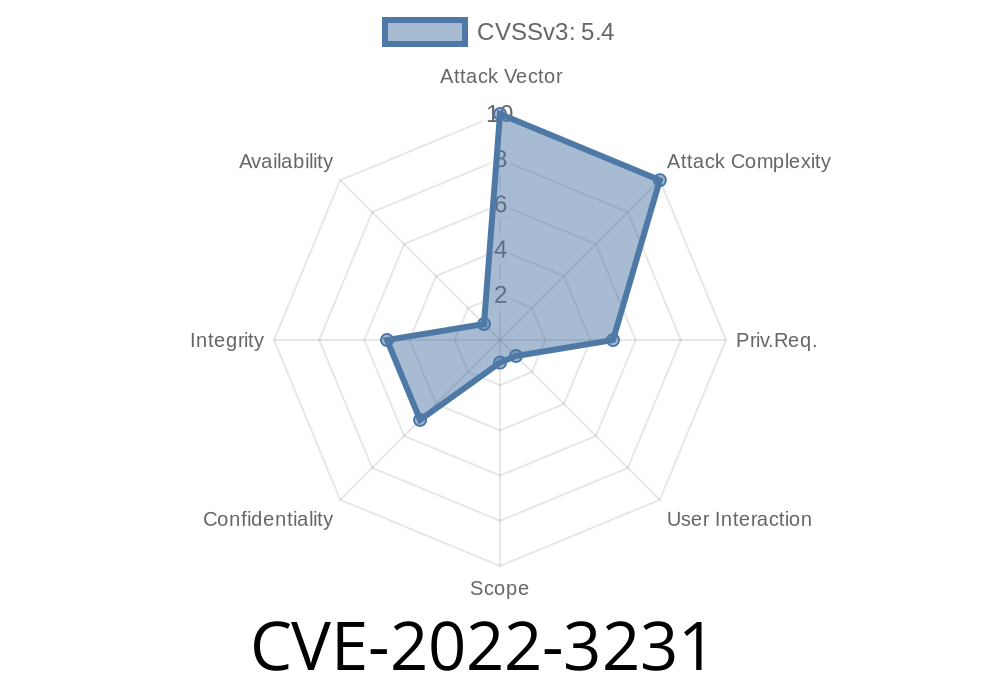It has now been patched. Prior to the patch, XSS could be exploited by an attacker to inject malicious scripts into almost any LibreNMS page, including the login page and the admin panel.
There is no effective way to prevent XSS in LibreNMS, but here's a few things you can do to reduce the risks: - Always input data into fields on a page only if you are there to do so. - Never use common browser functions such as form data submission, clickjacking, and inline Javascript to dynamically add data to a form. - If you are adding data to a LibreNMS page via a form, use the POST method and not the GET method. - Do not include user IDs or passwords in your form data. If you have to input user data, use a field without any data and then validate that data against the user database. - If you are adding data to a LibreNMS page via a form, make sure that you are adding that data to the right field. For example, if you are adding a new user, make sure you are adding that data to the "User" field and not "Email".
How to protect yourself from XSS in LibreNMS
If you are concerned about XSS in LibreNMS, there is no effective way to protect yourself from it. To reduce the risks, avoid inputting data into fields on a page except when you are present and ready to do so. If you are adding data to a LibreNMS page via a form, use the POST method and not the GET method. Make sure you are only adding that data to the correct field and that you validate that data against the user database before submitting it.
If you are concerned about XSS in LibreNMS, make sure that every user ID or password does not appear anywhere on your website.
What to do if you are affected by this issue
- If you are using libreNMS version 0.10.6 or below, please upgrade to libreNMS version 0.10.7 as soon as possible. - For versions of LibreNMS 0.10 and above:
CVE-2023-3226
The vulnerability allows attackers to execute arbitrary PHP code in the context of any user.
If you experience this issue, you should upgrade to the latest version of LibreNMS as soon as possible. A fix has been applied that prevents malicious remote code execution and will be released with the next update.
Timeline
Published on: 09/17/2022 17:15:00 UTC
Last modified on: 09/21/2022 06:21:00 UTC
